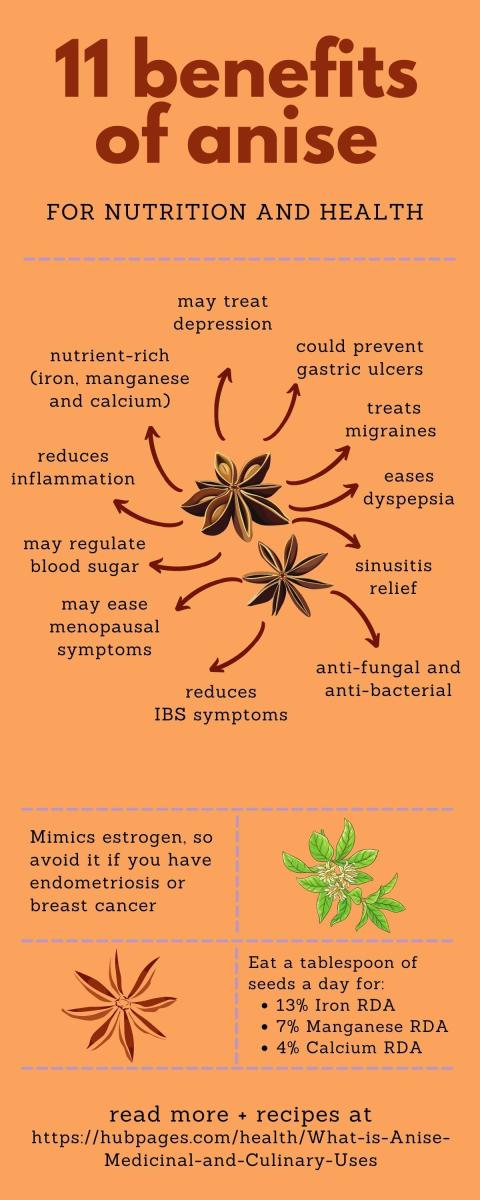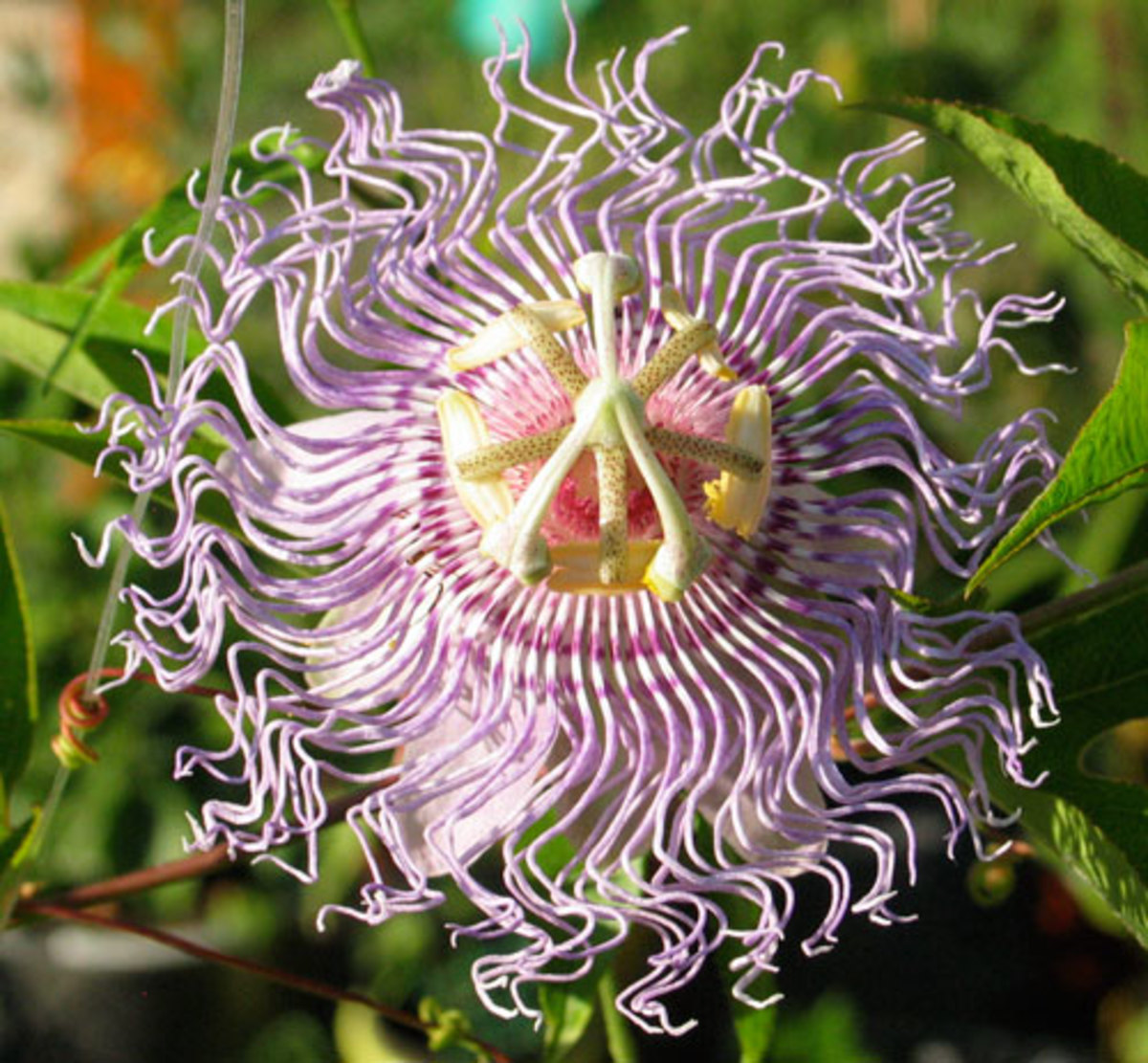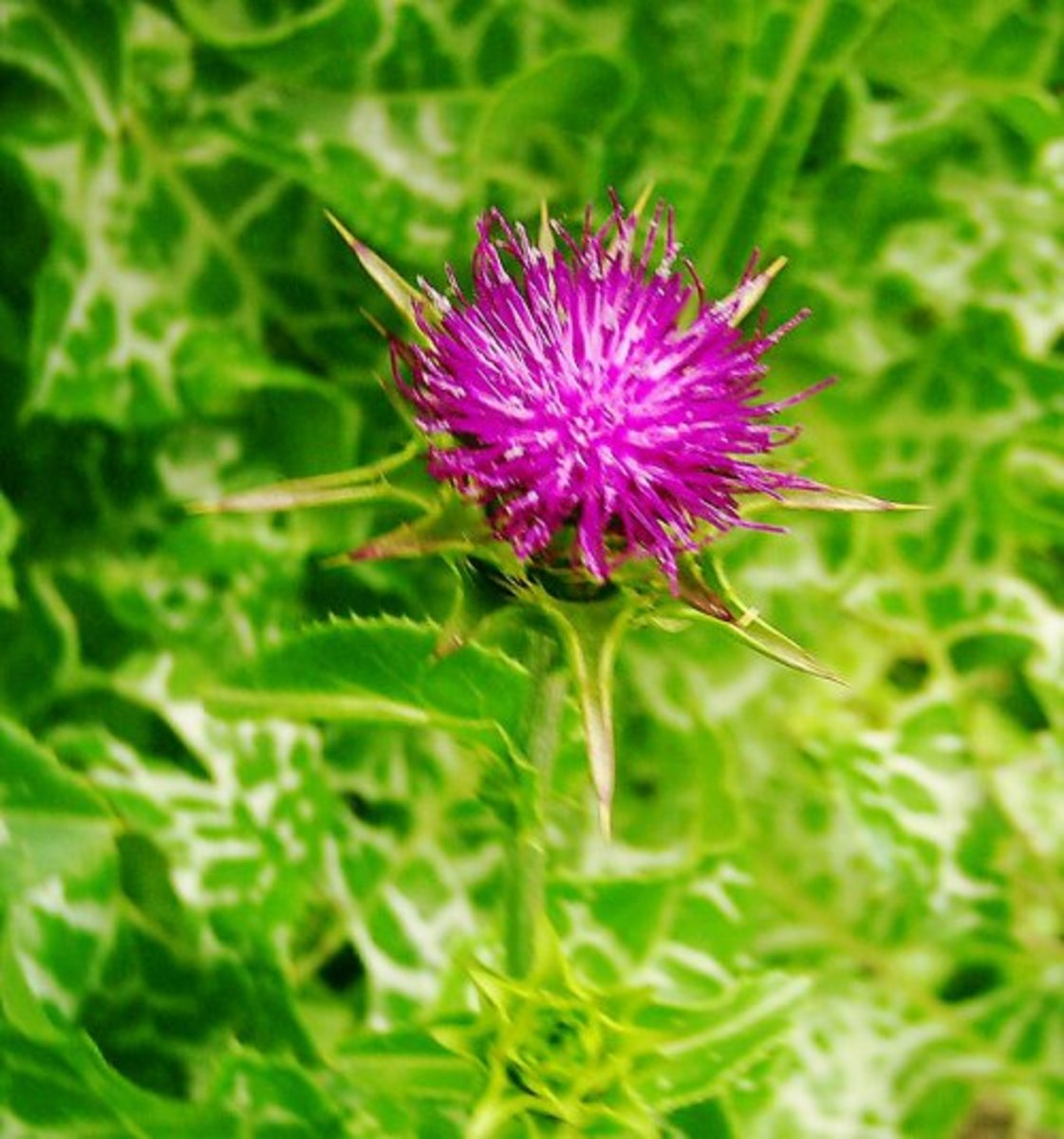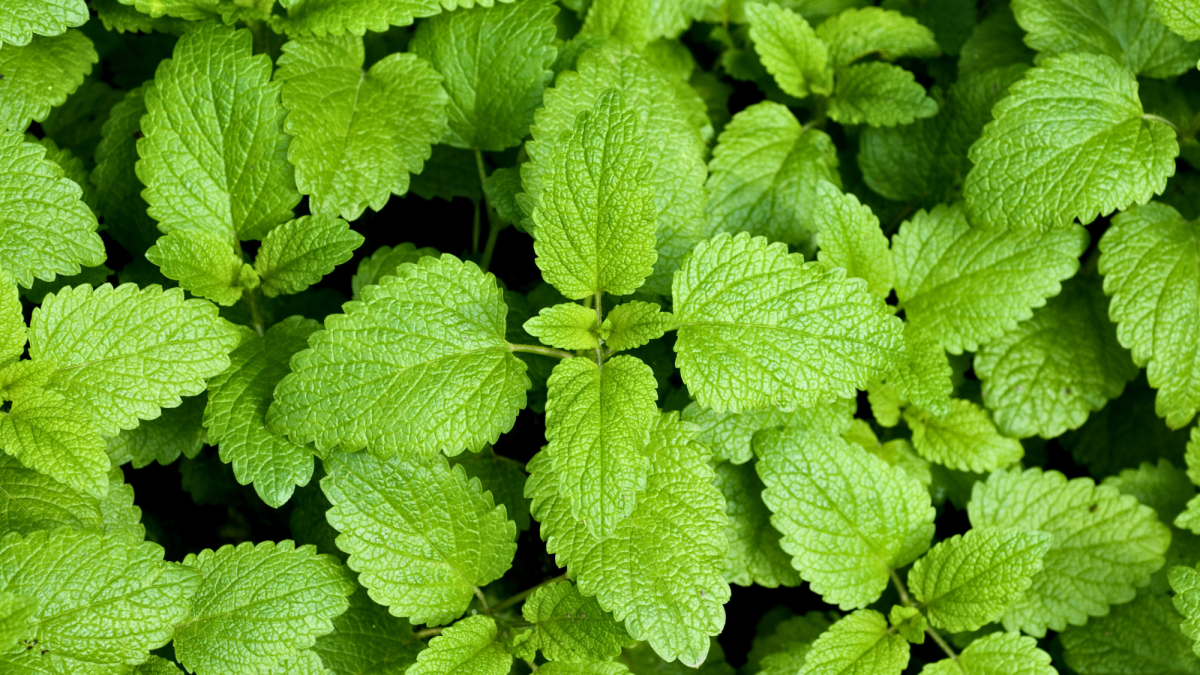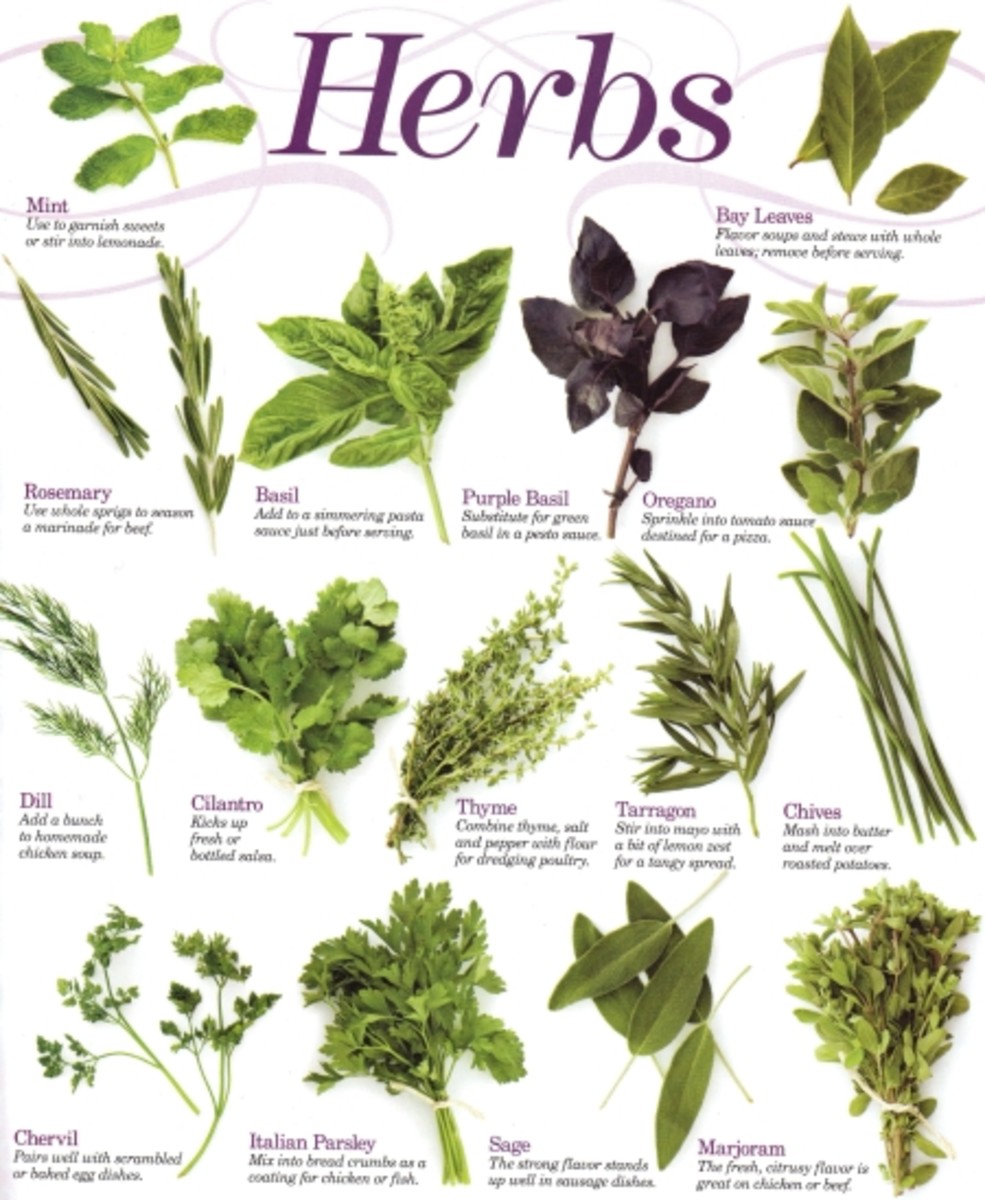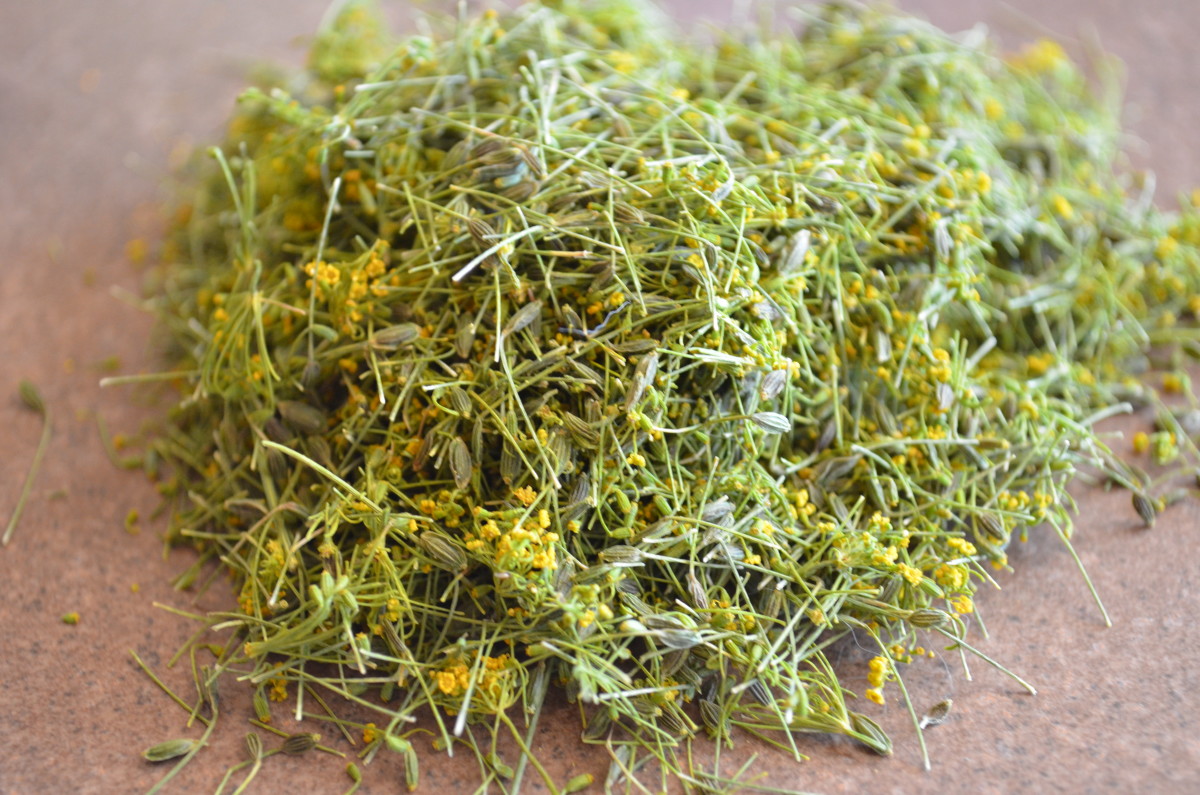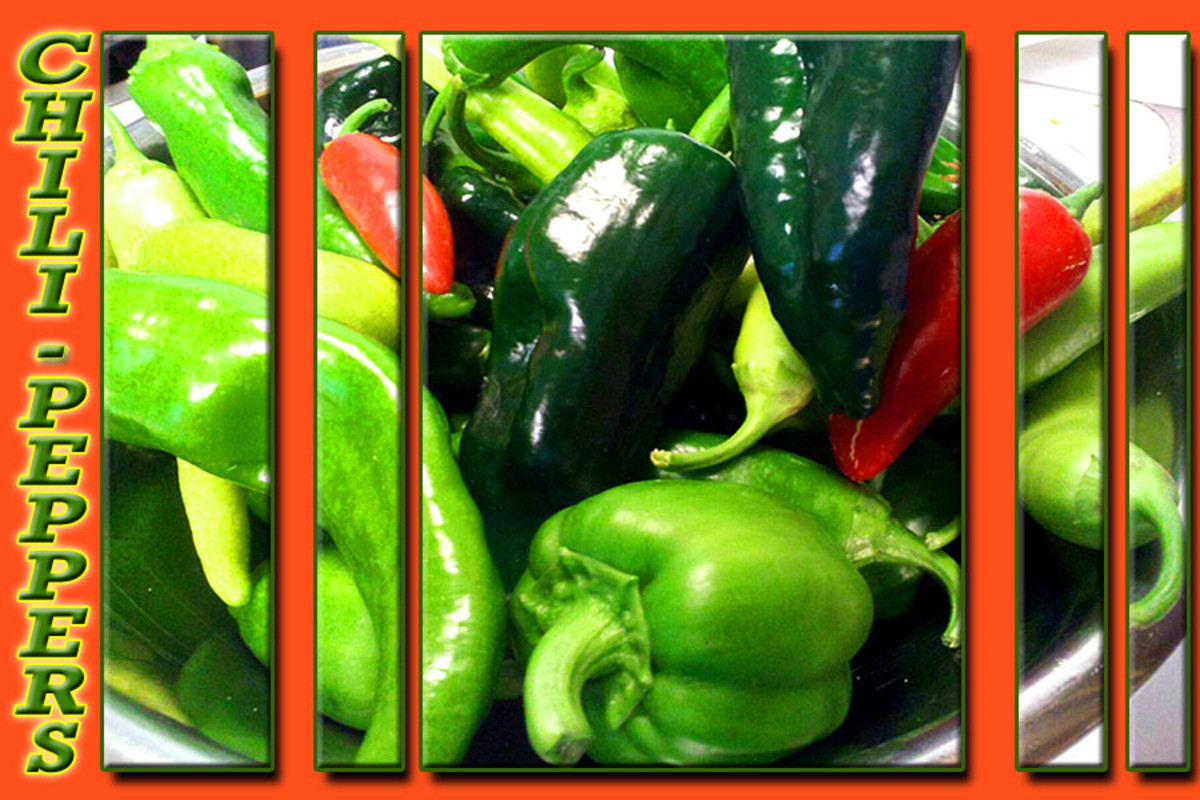Fennel - a common medicinal and culinary herb found in the Canary Islands
Fennel is an aromatic medicinal and culinary herb
Fennel (Foeniculum vulgare) is a common herb found growing wild in Tenerife. Its aromatic feathery foliage smells of Anise-seed when lightly bruised and all parts of the plant have their uses.
Fennel tends to grow on waste ground and forms clumps that can easily be seen because of its distinctive appearance. Fennel grows to about 4 - 5 ft or taller in height and bears umbels of yellow flowers that are carried above its finely divided leaves below.
Fennel is a native of Asia, the Mediterranean and Europe and is also naturalised in many other parts of the world, as well as on the other Canary Islands.
Fennel photos
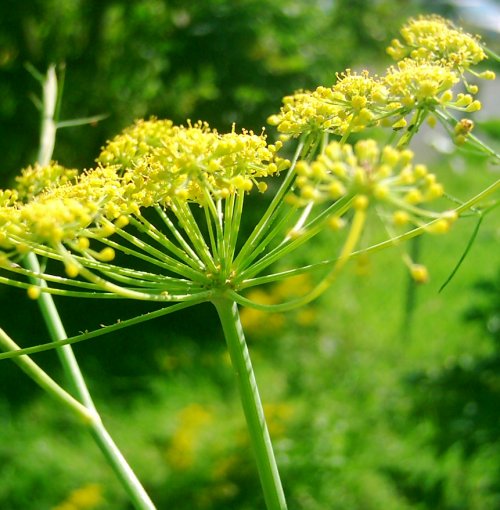
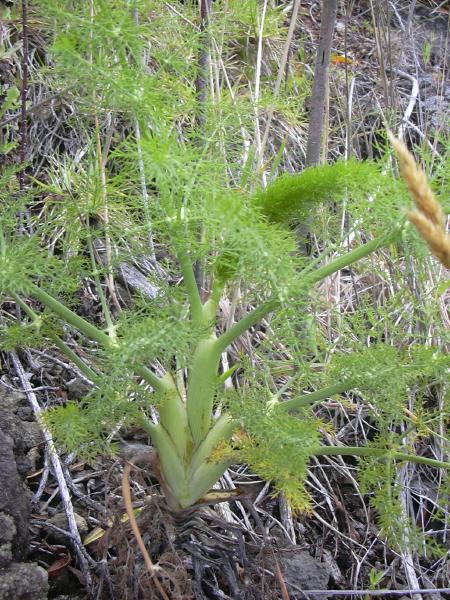
Medicinal properties of Fennel
Fennel is known as "Hinojo" in Spanish, and is a popular herb used both in herbal medicine and for cooking. Fennel has antiseptic and antiviral properties and is a good tonic for the immune system. It has been used to treat asthma and bronchitis as well as angina and hypertension.
Fennel Tea
Fennel tea can be used as a remedy for flatulence and constipation, as well as being employed as an eyewash and as a tonic for the liver and an aid to having a good memory. Chewing the aromatic seeds or drinking the tea are also recommended for travel sickness. It was used by the ancient Greeks to treat asthma and for its expectorant properties.
Fennel contains monoterpenes and ketones including pinene and fenchone and these substances are thought to aid in loosening bronchial mucus. The seeds have also been used as a remedy for bad breath (halitosis) and indigestion.
It is also thought to be good herb to use if you want to slim and has been used to treat obesity for hundreds of years. In 1650 William Cole recommended the seeds to be taken as "slimming pills", according to David Bramwell in his book Medicinal Plants of the Canary Islands.
Fennel essential oil has been used as a massage oil and the leaves are said to have aphrodisiac properties if chewed.
The essential oil of Fennel has been used in perfumery and to scent soaps.
Fennel's use in the kitchen
Because of its delightful flavour that is similar to Anise-seed Fennel has many culinary uses. The seeds can be added to curries and soups and sauces. The feathery leaves can be eaten raw in salads and are also good cooked with oily fish such as mackerel.
Seeds can also be added to stir-fry and rice dishes to impart their distinctive flavour and spiciness.
Fennel seeds make an excellent herbal tea and this tea is commonly sold in Tenerife in health shops as well as supermarkets and general food shops. The seeds are put into tea bags for convenience.
The cultivated Florence Fennel or Finocchio (F. vulgare var dulce) is grown for its bulbous stems that are either eaten raw in salads or are cooked as a vegetable.
Fennel should not be consumed by pregnant women, however, because it can act as a uterine stimulant.
To make a Fennel salad
© 2011 Steve Andrews

